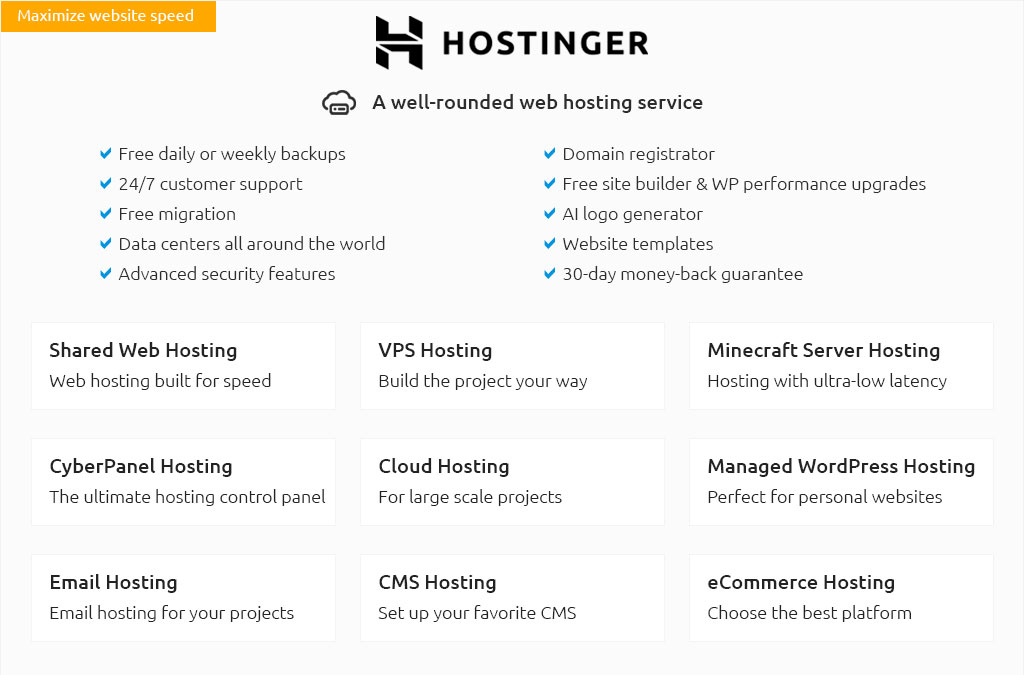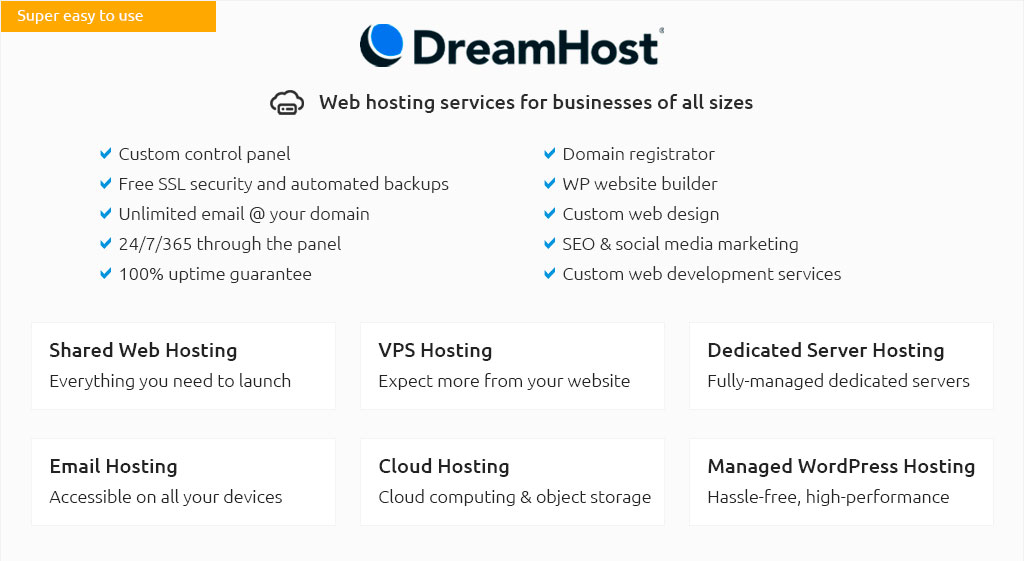 |
|||
 |
 |
 |
|
 |
|
 |
 |
 |
|||
 |
|||
 |
|||
 |
|||
 |
 |
Exploring the World of Windows VPS with SQL ServerIn today's rapidly evolving technological landscape, the concept of a Windows VPS with SQL Server emerges as a pivotal solution for businesses seeking robust, scalable, and efficient database management systems. The integration of Windows Virtual Private Servers (VPS) with SQL Server offers a unique blend of performance and flexibility that caters to a diverse range of needs, from small enterprises to large corporations. A Windows VPS essentially provides a virtualized environment that mimics a dedicated physical server. It runs on a host machine and is isolated from other users, ensuring that the resources allocated-such as CPU, RAM, and storage-are solely dedicated to your operations. This isolation not only enhances security but also guarantees a level of performance that shared hosting environments often struggle to deliver. On the other hand, SQL Server, a powerful relational database management system developed by Microsoft, is renowned for its capability to handle large volumes of data with remarkable efficiency. When combined with a Windows VPS, SQL Server becomes a formidable tool that empowers businesses to process transactions swiftly, store data securely, and run complex queries seamlessly. The synergy between Windows VPS and SQL Server is not merely technical; it extends to practical business applications as well. For instance, companies that rely heavily on data analytics can leverage this combination to perform real-time data analysis, which is crucial for making informed business decisions. The scalability of a VPS ensures that as your business grows, the infrastructure can adapt without significant downtime or resource constraints. Moreover, the Windows environment is familiar to a wide range of IT professionals, which translates to a smoother transition and easier management for companies that might be migrating from other systems. This familiarity can reduce the learning curve and operational hiccups, allowing businesses to focus more on strategic initiatives rather than technical troubleshooting.
Despite these advantages, it is essential to acknowledge potential challenges. For example, managing a VPS requires a certain level of technical expertise, which might necessitate hiring skilled personnel or outsourcing to managed service providers. Additionally, while SQL Server is a powerful tool, its licensing costs can be substantial, depending on the version and features required. In conclusion, the integration of Windows VPS with SQL Server represents a sophisticated approach to database management that aligns well with modern business demands. By offering a combination of performance, scalability, and security, this solution empowers businesses to harness the full potential of their data. As with any technological investment, careful consideration of the specific needs and resources of the organization will ensure that the benefits of this powerful combination are fully realized. In the ever-competitive business landscape, staying ahead requires not only adopting the right technologies but also understanding how they work to optimize their use effectively. https://azure.microsoft.com/en-us/pricing/details/virtual-machines/sql-server-web/
Azure Virtual Machines gives you the flexibility of virtualization for a wide range of computing solutions with support for Linux, Windows Server, SQL ... https://www.databasemart.com/vps-hosting?srsltid=AfmBOor_fPpjDAO84BFZaddb9xRCZZCDpIX8bVgSm_WPFQk8ZEEdEm6X
We can install the SolidCP control panel for Windows VPS servers for free. You can use it to create IIS websites, MSSQL databases, etc. Do you provide any ... https://www.sqlservermart.com/hyper-v
Windows Hype-V SQL Server provides high-performance hardware resources such as a fast CPU, large memory, and high-speed SSD storage to ensure that the database ...
|